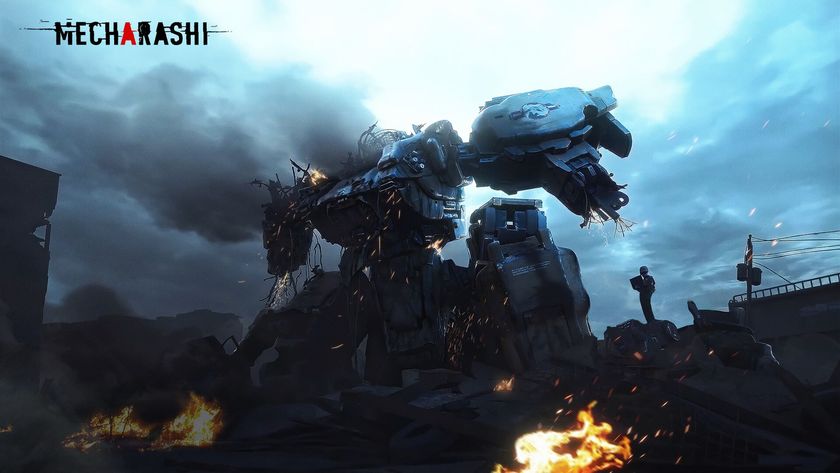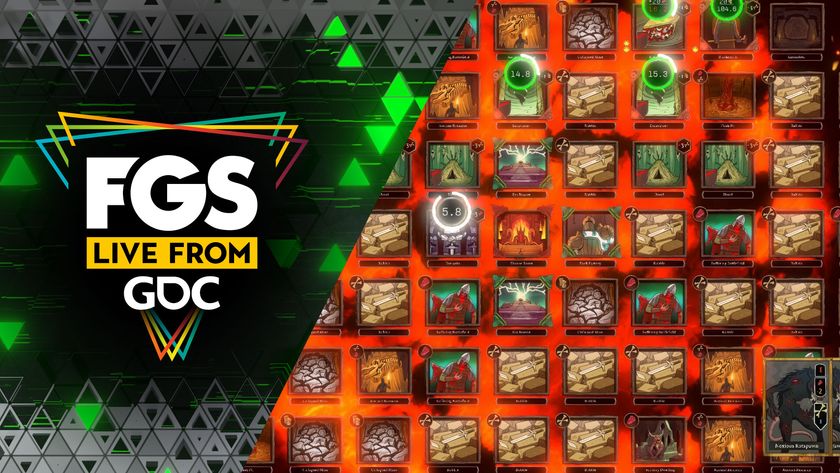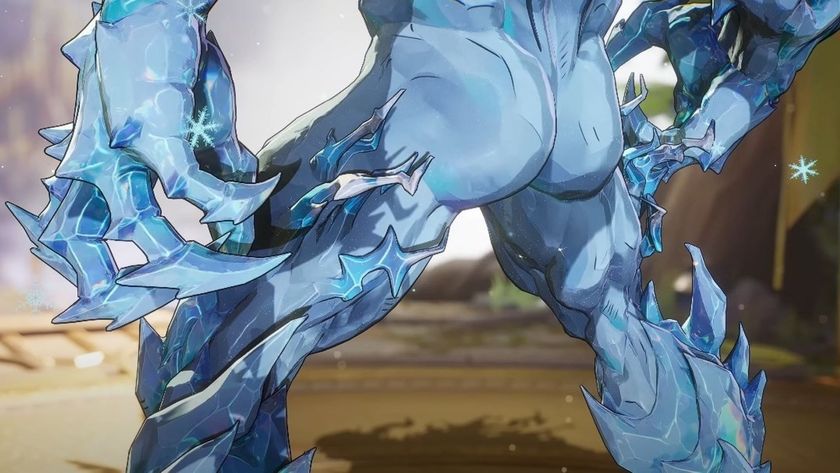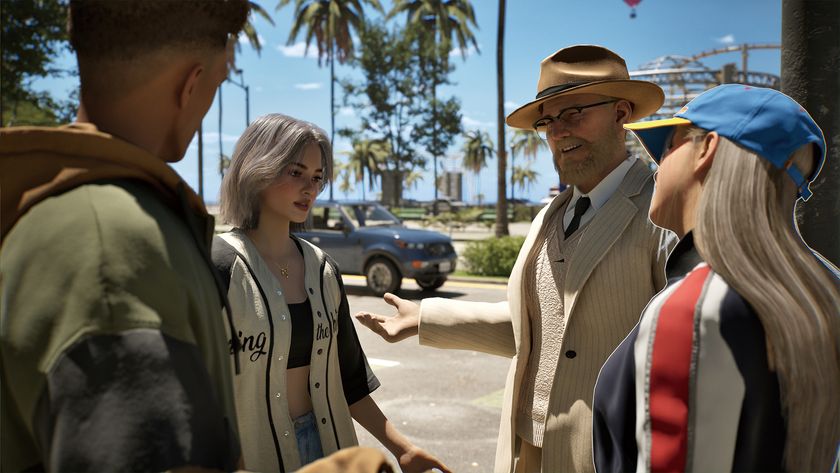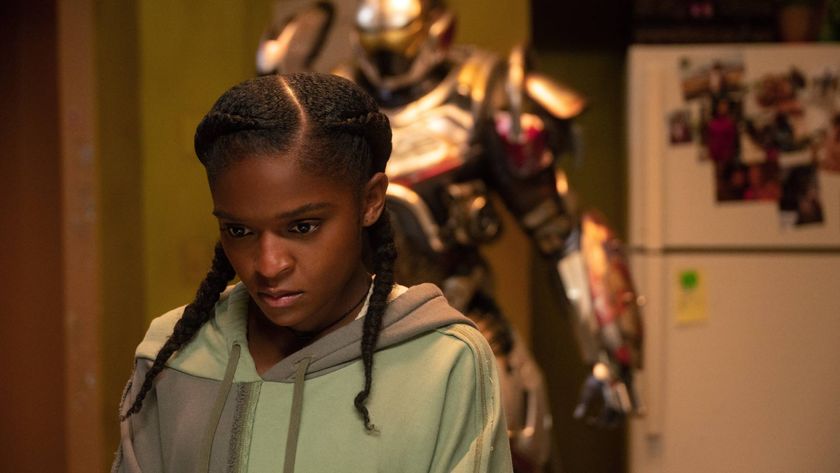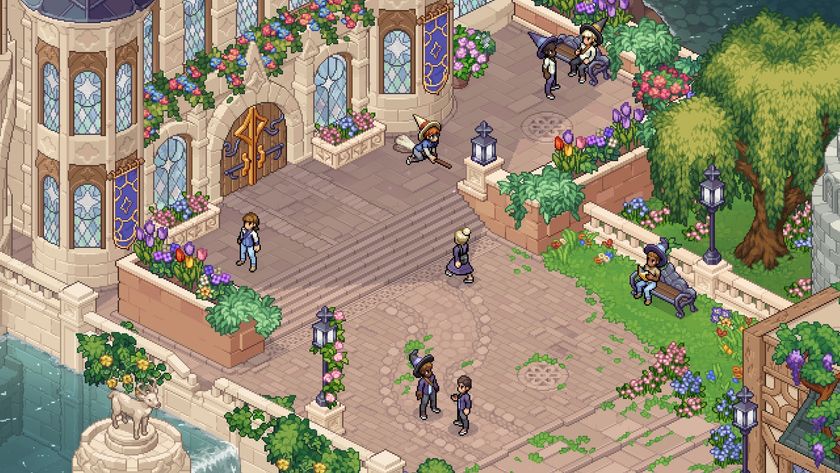There was a time when JRPGs were widely renowned as the future of storytelling. “It’s the first RPG to surpass, instead of copy, movie-like storytelling,” said Electronic Gaming Monthly of FFVII in 1997. Several factors made them unique when compared to Western role-players. Turn-based combat, engaging melodrama and vibrant, exotic worlds flirted shamelessly to create an experience that absorbed you into its universe. Tales of revenge, loss and redemption became hallmarks of the genre. They offered a flamboyant, unconventional take on the dreary realism of sci-fi and high fantasy that Western RPGs seemed obsessed with.
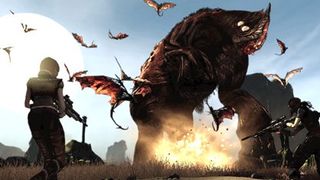
Above: Have action games with RPG elements such as Borderlands stolen their thunder?
The ’90s brought with them a ‘golden age’ of JRPGs. Games such as Earthbound and Final Fantasy VI on the SNES and Final Fantasy VII, Chrono Cross and Xenogears on PSone went on to take a place in history as some of the most memorable games of all time. Developers such as Square Enix (then, Squaresoft) became household names. JRPGs became a dependable source of quality gaming.
But as young JRPG die-hards have grown, so has the industry. Modern videogames treat engaging plotlines as key aspects of the package – fighters, platformers, puzzlers, and shooters take their cues from RPGs, implementing many of the same themes and elements. Think COD’s EXP system, or character progression in Borderlands. Outlandish character designs and exotic worlds are more common than ever – we’ve become emotionally attached to characters outside of JRPGs.

Above: Or have Western RPGs like Oblivion taken the crown?
Western JRPG fans are increasingly turning to developers on their own doorstep. Dozens of games offer the same freedom and customisation of JRPGs, but they aren’t hindered by the stale settings, themes and characters. These include Fallout, Mass Effect, Oblivion, Knights of the Old Republic, Deus Ex and Dragon Age.
“Western RPGs have evolved and embraced the next-gen consoles, developing and experimenting with new gameplay mechanics and story ideas (such as Good/Evil character choices, dialogue wheels, etc.)” says Kim Richards. “Few JRPGs break the mould. The slew of identical games and ports of classics is turning people off.”
Sign up to the GamesRadar+ Newsletter
Weekly digests, tales from the communities you love, and more
Is it just Western gamers that are growing disillusioned with the genre? The top ten best-selling games in Japan in 2009 include Dragon Quest IX (3.2 million), Pokemon Gold (6.5 million) and Monster Hunter 3 (960,000) – all rooted in JRPG sensibilities. While these are headline success stories, suggesting publishers don’t need to take risks, the overall market is still dwindling. Dragon Quest VIII sold 6 million in 2005, but FFXIII’s sales currently stand at 2 million. Research suggests that Japanese gamers fear experimentation, but their numbers are shrinking – in a poll by Japanese games mag Dengeki, their readers’ favourite games of 2009 were Dragon Quest, Tales of Vesperia, Phantasy Star and FF XIII. Western titles barely got a look in.
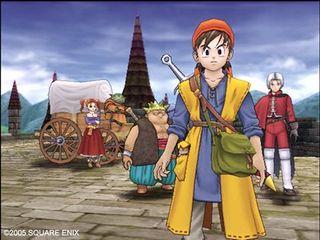
Above: Sure, Dragon Quest VIII was huge in Japan, but it wasn't a blockbuster elsewhere
Failed attempts at recreating the magic of the classics have included The Last Remnant and Infinite Undiscovery – both by Square Enix, but both lack the personality and originality we’ve come to expect. So if the Japanese fear change, but the West craves innovation – how should JRPGs move forward?
Rejecting traditional character archetypes and recycled storylines would be a step in the right direction. As would straying from established ideas. Focusing less on awe-inspiring visuals and making each experience original and memorable is crucial. Decreased popularity should not be equated with failure, mind, and it’s possible JRPGs could continue to plow the same furrow to great financial success. The real issue might be with us. Perhaps the popularity of JRPGs in the West was a phase, and we’re now experiencing the hangover.

Above: Check out ourown reviewof FFXIII
“The JRPG feels like one of those dead film genres, like westerns or film noir,” says Patrick Gann of RPGFan. “It’s clear we reached the point of saturation a long time ago”. Either way, the tension between the old world and voices of dissent – often the premise of any great RPG – promises to lead the genre to a new and intriguing place.
Mar16, 2010
